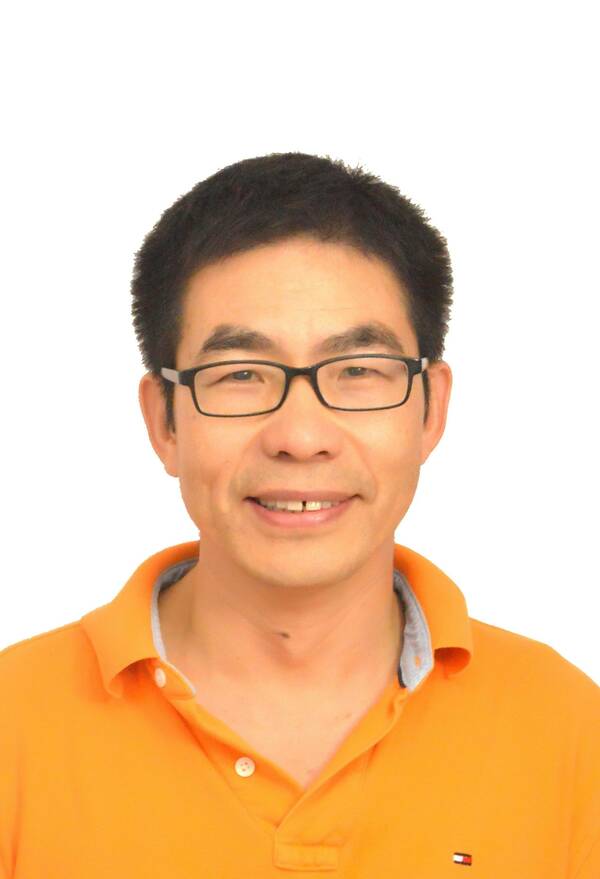
For Jiahong Wu, professor in the Department of Mathematics, a pot of water boiling on the stove and the formation of a powerful tornado can be mathematically understood in the exact same way.
“The motion of fluids, simplified, follows basic physics laws: conservation of mass, conservation of momentum, conservation of energy,” said Wu, who was hired at the University of Notre Dame this year after working as a Regents Professor and AT&T Professor at Oklahoma State University.
Wu’s research attempts to better understand fluid behavior through partial differential equations—equations that take into account rates of change such as acceleration. Given the appropriate inputs such as the fluid’s current temperature or pressure, these equations can predict the fluid’s behavior at a certain point in time. This power becomes highly useful for predicting natural disasters such as hurricanes and tornadoes.
Mathematically, the equations Wu studies can be written in terms of partial derivatives; they’re called partial differential equations.
“We can produce better models and better weather forecasts if we understand the mechanisms.”
It was the prospect of solving real-world problems such as these that first led Wu into his future research field. Starting as a math major in college, he revealed how he wanted to do something useful with his future work while enjoying the satisfying feeling of solving difficult problems—some of which could potentially take years to crack. He explained that the field of fluid dynamics was rich in these tough questions.
“Mathematically, these equations are really difficult to analyze,” he said. “One problem [related to fluid dynamics] . . . is actually a big open problem, one of the seven Millennium Prize problems proposed by an institute in Massachusetts. If you solve one of them, you get a million dollars.”
Although some of these problems, as Wu described, may be highly complex and worth a million dollars to solve, he noted that his field’s openness to collaboration has helped him tremendously along the way. Each person can work on different aspects of the problem, Wu noted, and mathematicians such as himself make sure the solution holds up under rigorous testing.
“Sometimes, the understanding of a problem requires many different areas of expertise. I have over 100 collaborators . . . and simultaneously work with five or six people,” Wu said.
Wu’s collaboration and research has paved the way for several different awards and honors, including the American Mathematical Society’s Centennial Fellowship and Oklahoma State’s Regents Distinguished Research Award. He has also been named as a “highly cited researcher” by Clarivate Analytics for several years.
In his free time, Wu enjoys de-stressing from his work through many different avenues. On some days, he listens to Chinese opera, while on others, he swims and runs. Sometimes, he solves physics problems.
“It helps relax my mind and keep it sharp,” he said.
Originally published by at science.nd.edu on October 03, 2023.